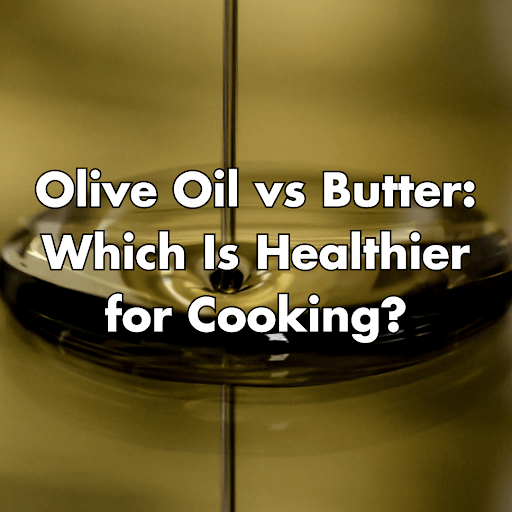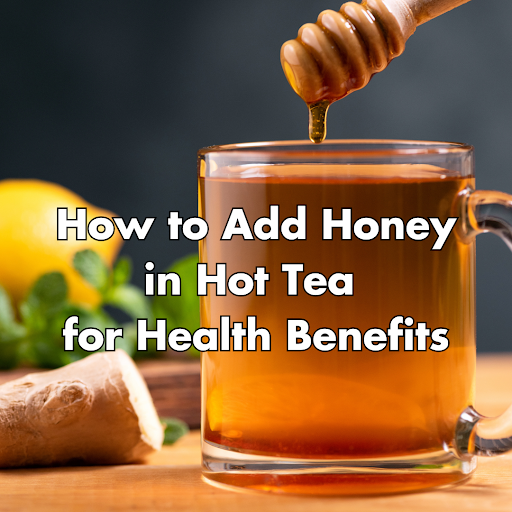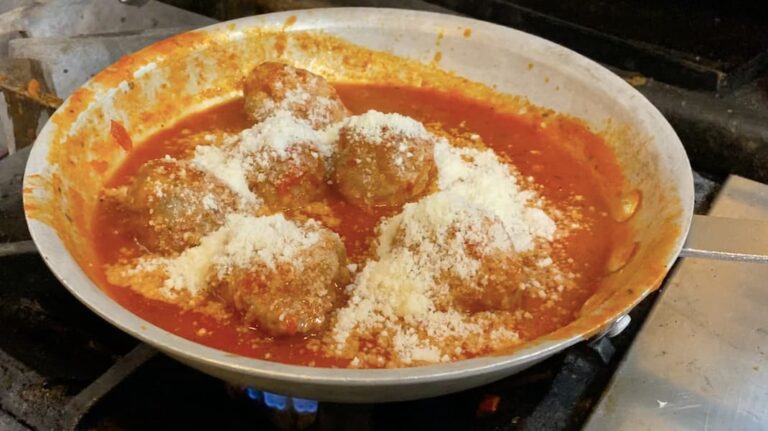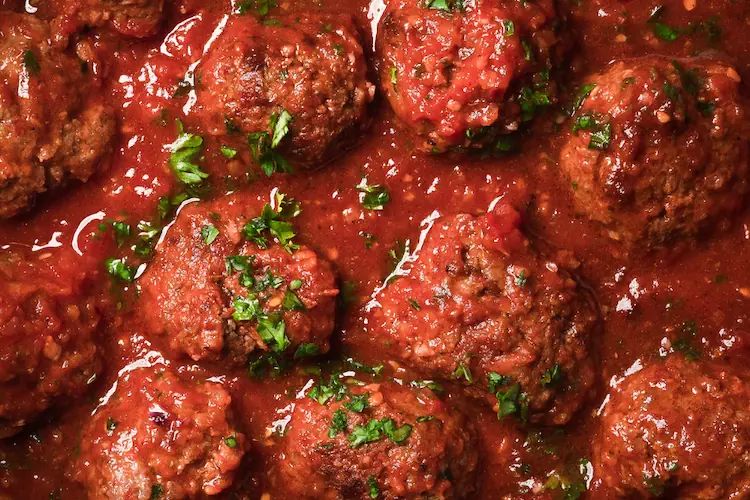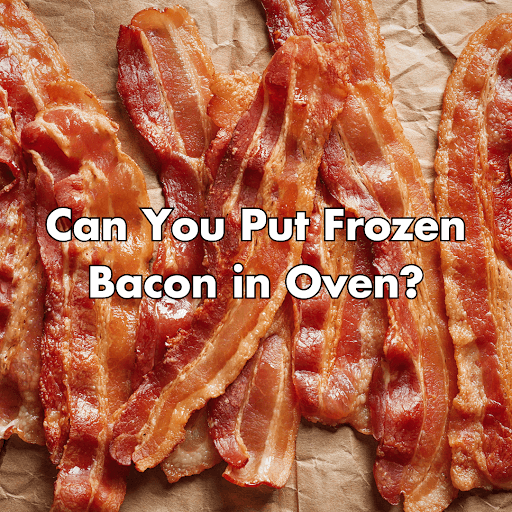You know that moment when you’re standing in your kitchen, staring at your pan, and debating whether to reach for the olive oil or the butter?
Yeah, we’ve all been there.
It’s one of those everyday cooking dilemmas that may seem simple but sparks many questions.
Which one’s healthier? Which one tastes better? Which one won’t ruin my attempt at making the perfect scrambled eggs?
The “olive oil vs. butter” debate has been going on forever, and honestly, it’s not just about flavor.
The type of fat you choose can significantly impact your health.
Over the years, there’s been a growing interest in healthier cooking oils, and for good reason—what we cook with matters just as much as what we cook.
So, what’s the deal? While both have their place in the kitchen, olive oil—especially extra virgin olive oil—comes out as the healthier choice.
It’s packed with heart-healthy monounsaturated fats, has a lower saturated fat content than butter, and offers a bunch of potential health benefits.
But let’s not just stop there. Let’s break it all down so you can feel confident about which one to reach for the next time you’re standing in front of that pan.
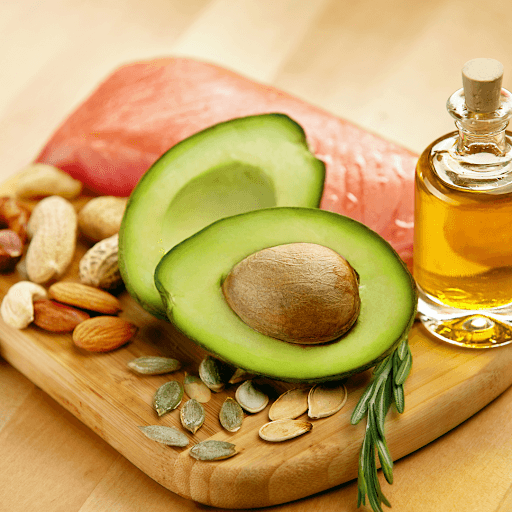
Understanding Fats
Before we get into the olive oil vs. butter details, it’s imperative to understand fats. There are three main types of fats:
1. Saturated Fats: Proceed with Caution
Saturated fats are primarily found in animal products and some plant-based sources like coconut and palm oil. They can raise LDL (“bad”) cholesterol levels, increasing the risk of heart disease when consumed in excess. Limit saturated fat intake to less than 10% of daily calories. Check nutrition labels carefully to identify hidden sources.
2. Monounsaturated Fats: AKA The Healthy Fats
Monounsaturated fats are abundant in olive oil, avocados, and nuts. They help lower LDL cholesterol while boosting HDL (“good”) cholesterol, supporting heart health. Olive oil, especially extra virgin, is a prime example. These fats are a cornerstone of the heart-healthy Mediterranean diet.
Polyunsaturated Fats: Essential Nutrients
Polyunsaturated fats are found in fatty fish, flaxseeds, and certain vegetable oils. They provide essential fatty acids, like omega-3s, that our bodies can’t produce. Omega-3s are particularly beneficial for heart health. Include fatty fish in your diet at least twice a week.
Fats aren’t the enemy. In fact, they play a vital role in hormone production, nutrient absorption, and brain health. The key is choosing the right type of fat. The American Heart Association recommends focusing on unsaturated fats while limiting saturated fat intake to reduce heart disease risk.
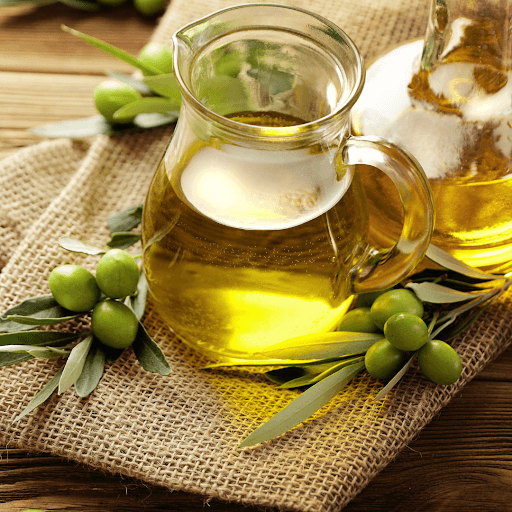
Olive Oil: The Healthier Choice
When I think of heart-healthy cooking, extra virgin olive oil (EVOO) is at the top of my list. EVOO is derived from the fruit of the olive tree and is minimally processed, meaning that it retains many antioxidants and nutrients.
- Extra Virgin Olive Oil: EVOO is rich in monounsaturated fatty acids, mainly oleic acid, which has been linked to reduced inflammation and improved heart health. Studies consistently highlight EVOO’s health benefits, from lowering blood pressure to reducing the risk of cardiovascular diseases. It’s a staple in the Mediterranean diet, often credited for the longevity and heart health of Mediterranean populations.
- Other Types of Olive Oil: There’s also pure olive oil and light olive oil. While they have higher smoke points and are more refined than EVOO, they lack the same robust flavor and some health benefits. However, they’re great for high-heat cooking.
Compared to other oils like canola or safflower, olive oil stands out from a health perspective. It’s not just about cooking; it’s about nourishing your body with every meal.
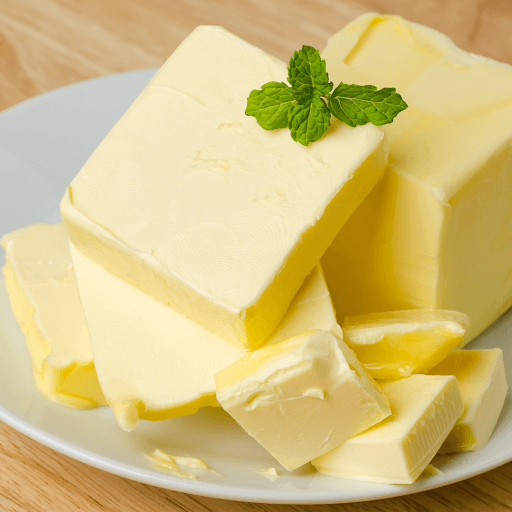
Butter: Has its Place, But Not the Best Choice
Now, let’s talk about butter. As a dairy product made from animal fat, butter is high in saturated fats, which can raise LDL cholesterol levels and increase heart disease risk when consumed in large amounts.
Butter also contains milk solids, which can brown and burn at high temperatures. However, its rich flavor and creamy texture make it a favorite in baking and certain dishes.
While butter has a higher smoke point than EVOO, making it suitable for high-heat cooking, it’s best used sparingly.
In comparison to stick margarine (often loaded with trans fats), butter is the lesser evil, but it still doesn’t hold up to the health benefits of olive oil.
For those on plant-based diets, finding butter alternatives is essential. Options like avocado oil or coconut oil can work, but they come with their own nutritional considerations.
Smoke Point Considerations
When choosing cooking fats, smoke point matters. This is the temperature at which oil starts to smoke, breaking down and releasing harmful compounds.
- Extra Virgin Olive Oil: 375°F (ideal for sautéing, dressings)
- Pure/Light Olive Oil: 465°F (better for frying, high-heat cooking)
- Butter: 300°F (burns quickly but is great for low-heat cooking and baking)
Knowing when to use each fat helps you cook healthier meals without compromising flavor.
Frequently Asked Questions (FAQs)
Q: Is olive oil or butter better for overall health?
A: Olive oil, especially extra-virgin, is generally healthier due to its monounsaturated fats and antioxidants that support heart health. Butter has more saturated fat, which can raise cholesterol.
Q: Can I use canola oil instead of olive oil or butter?
A: Yes, canola oil is a neutral, high-smoke-point oil that is good for high-heat cooking, but it lacks some of the health benefits of olive oil.
Q: What are the nutritional differences between olive oil and butter?
A: Olive oil is rich in healthy fats and vitamin E, while butter contains more saturated fat, which may raise cholesterol.
Q: Does butter have a place in a healthy diet?
A: Yes, in moderation. Using a little unsalted butter can add flavor without major health impacts.
Q: How do I make an informed decision about the kind of oil to use?
A: Consider the oil’s smoke point, fat content, and health benefits. Check the nutrition label to choose the best option for your needs.
Choosing the right cooking fat isn’t just about taste—it’s about health. I always read nutrition labels to check the fat content and source.
When buying olive oil, go for high-quality extra virgin varieties. Look for dark glass bottles to protect the oil from light, and check for a harvest date to ensure freshness.
Different cooking methods call for different fats. While EVOO is my go-to for most meals, I might use butter occasionally for flavor, especially in baking.
The Bottom Line
So, olive oil vs. butter: which is healthier for cooking?
The answer is clear. Extra virgin olive oil, with its heart-healthy monounsaturated fats and antioxidant-rich profile, is the better choice for everyday cooking.
While butter has its place, especially for flavor, in certain recipes, it’s best used in moderation due to its high saturated fat content. Making informed choices about cooking fats can have a significant impact on your long-term health.
Choosing healthier options like olive oil isn’t just about the meal—it’s an investment in your future well-being.
So next time you’re in the kitchen, reach for that bottle of olive oil and know you’re making a choice your heart will thank you for!

